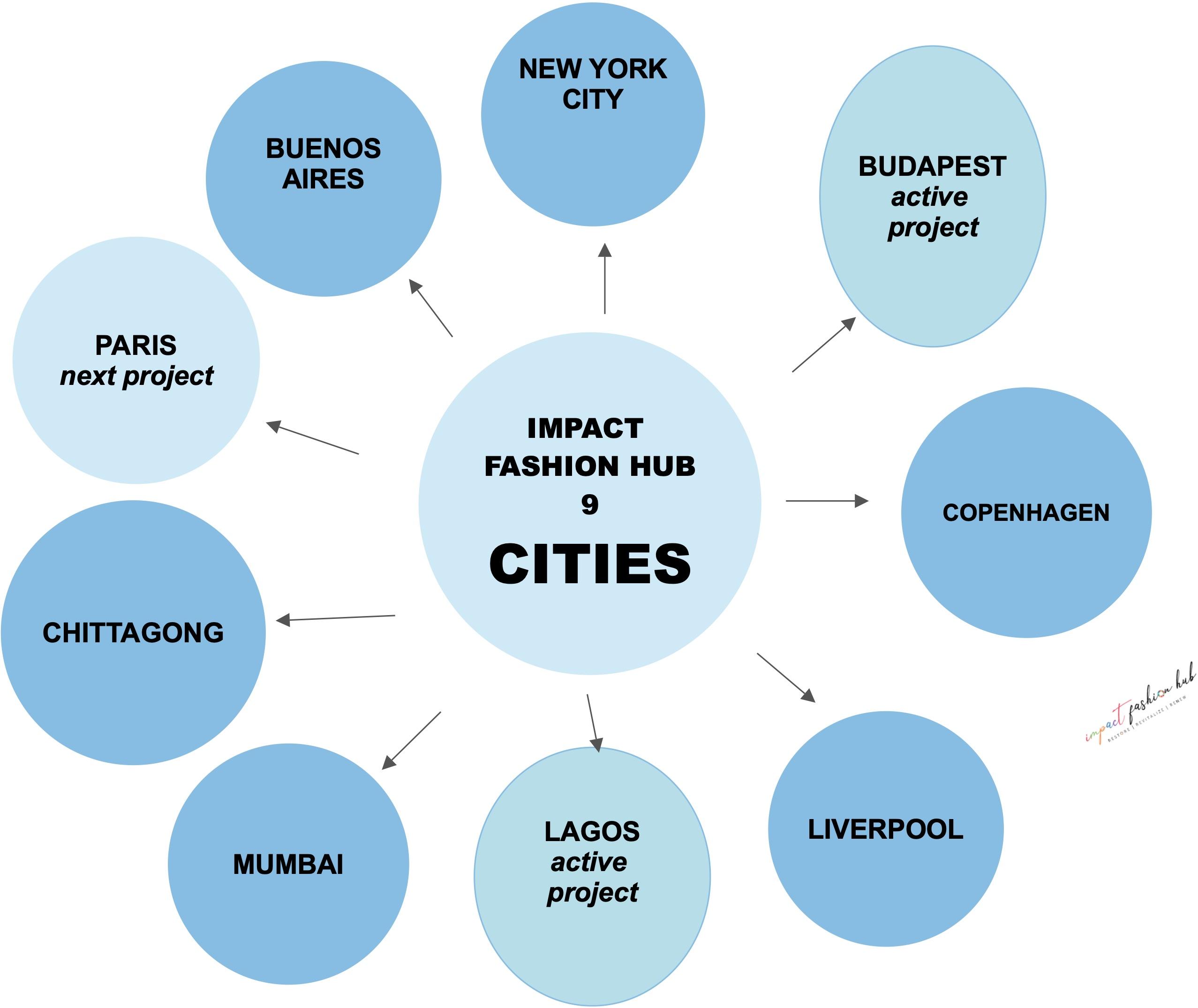The Impact Fashion Hub, a project founded by Dr. Lee Ann Teal-Rutkovsky, is a mission-driven initiative focused on transforming the worldwide fashion industry. Operating as a distinct entity and a part of The Peoples Hub, it works to build a more regenerative and equitable system by:
- Restoring natural resources used in fashion production.
- Revitalizing the economies of communities often exploited by cheap labor.
- Reviving worn-out clothes through imaginative and ethical practices.
The hub's work is designed to challenge the traditional fashion industry's negative impacts, from environmental pollution to the human rights crisis in supply chains.
Mission and Vision
The mission of the Impact Fashion Hub is to transform the global fashion industry by centering indigenous knowledge, promoting equitable collaboration, and building regenerative systems through fashion, technology, and storytelling.
The vision is to create a world where fashion no longer exploits or erases but instead uplifts creators, honors cultural knowledge, and restores environmental harmony. The initiative aims to achieve this by creating success templates that prioritize dignity in labor, sustainability rooted in land and tradition, and equity in ownership and opportunity.
Core Activities and Global Presence
The Impact Fashion Hub's work is channeled through several key activities with a worldwide reach:
- Fashion Infrastructure Development: This involves building ethical, regenerative, and culturally-rooted supply chains. Dr. Lee Ann Teal-Rutkovsky's personal expertise in millinery design and production was honed through time spent in Switzerland and Italy, which serves as a catalyst for her sustainable processes.
- Creative Economic Empowerment: The hub provides communities with the tools and knowledge to become economically self-sufficient. Through its partnership with The Peoples Hub, a major project is the "Adas Army" network, which helps to empower women and break the cycle of poverty in their local communities.
- Policy Advocacy and Worldwide Collaboration: The hub works to influence worldwide policies to protect indigenous creators and promote sustainable fashion. Dr. Teal-Rutkovsky's international work includes serving on sustainable advisory boards, giving keynote speeches, and presenting at international forums, such as the Indira Gandhi Institute for Development Research in Mumbai, India. She has also been an invited guest speaker at the US Senate.
- Cultural Media and Storytelling: The hub uses media to advocate for sustainable fashion. This includes creating micro-documentaries like "Making the Case for A Sustainable Fashion Accelerator: IMPACTable FASHION," based on interviews with women around the world, as well as publishing books and articles.
Key Projects and Resources
The Impact Fashion Hub's efforts are highlighted by several key projects:
- "Making the Case for A Sustainable Fashion Accelerator: IMPACTable FASHION": This micro-documentary was written and produced by Dr. Teal-Rutkovsky and is based on interviews with women living on the periphery of the fashion industry's supply chains globally.
- Adas Army: This network, part of the broader The Peoples Hub, inspires and supports women by sharing the stories of those often overlooked in the fashion industry. It works to empower women and provide them with skills for economic sustainability.
- Educational Initiatives: Dr. Teal-Rutkovsky is a fashion scholar and mentor who has taught and guest lectured at institutions such as The London College of Fashion and the Fashion Institute of Technology (FIT) in New York City.
- "Bow the Handsome Boll Weevil": This children's book serves as an accessible educational tool to teach about sustainable fashion and the detrimental effects of fast fashion, while also highlighting the work of the Impact Fashion Hub and The Peoples Hub.
Key Projects and Collaborations
